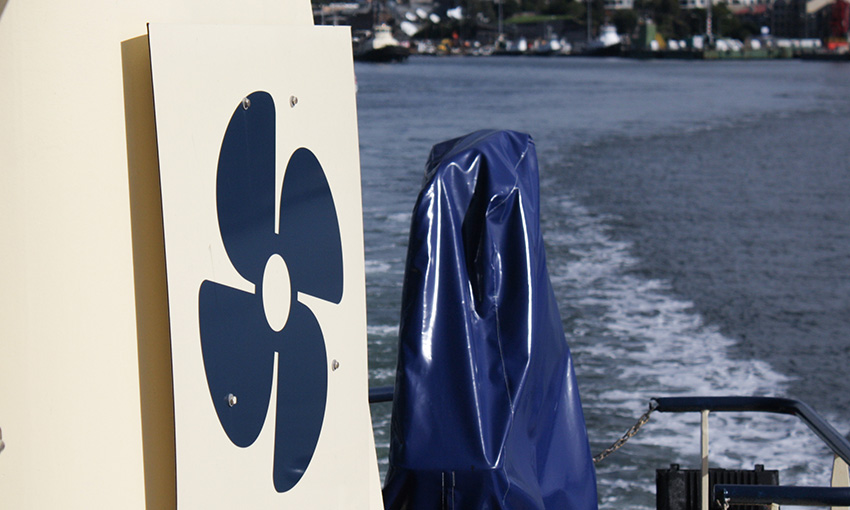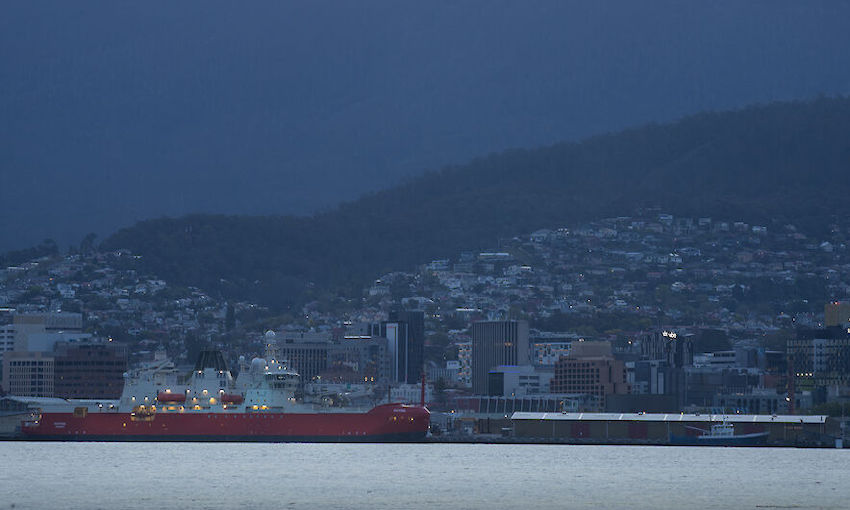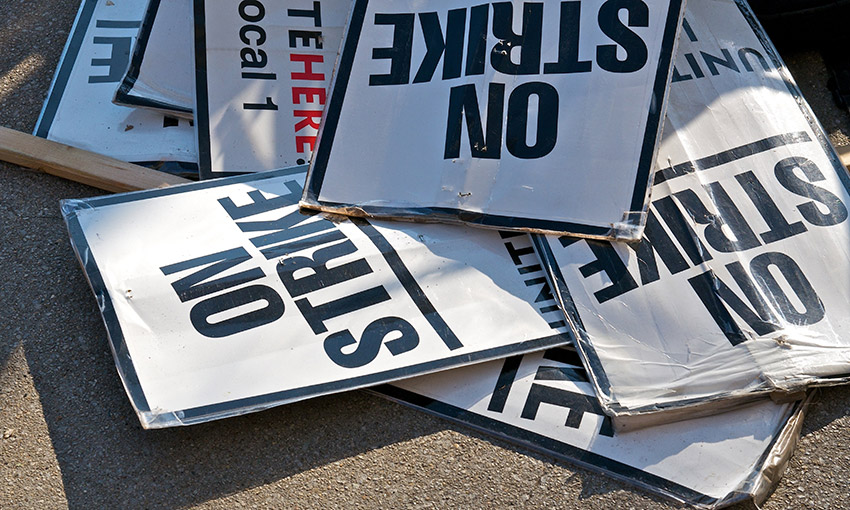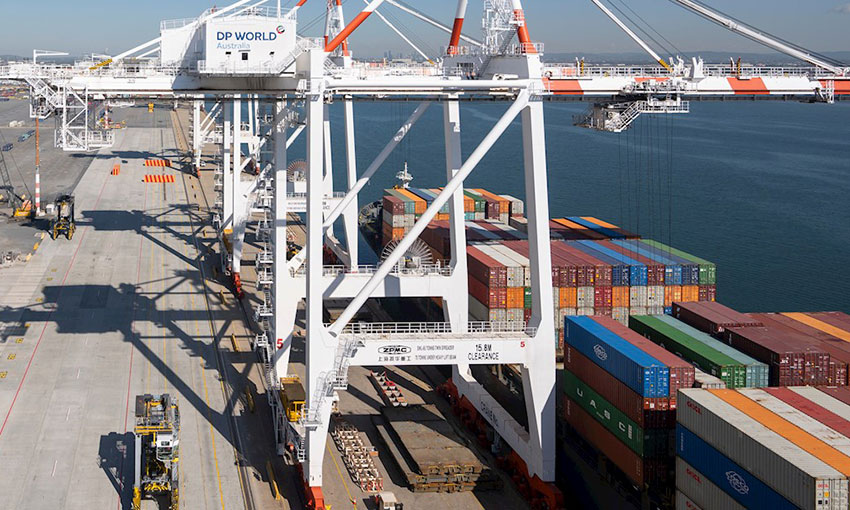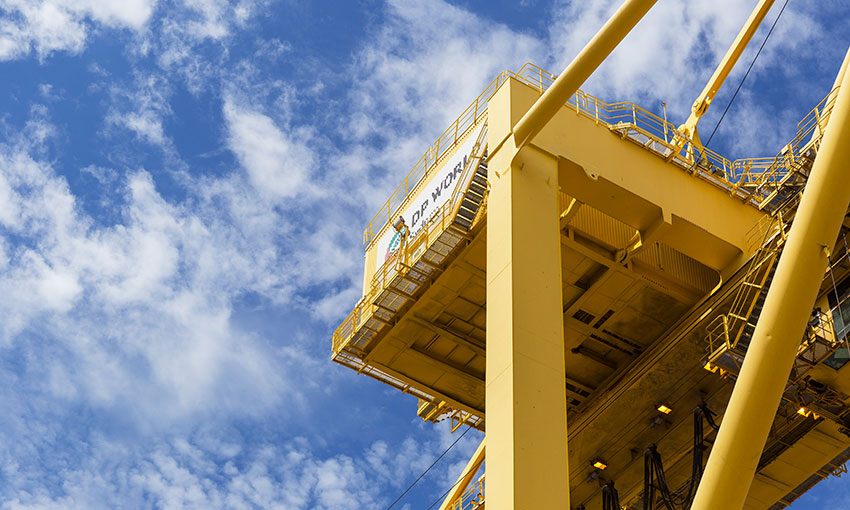THE INDUSTRIAL dispute between Svitzer and the maritime unions took another turn late yesterday with the unions withdrawing all notices of protected industrial action. However, the company was holding the line on its lockout scheduled to begin at 1200 tomorrow (18 November).
The Full Bench of the Fair Work Commission is convening today at 1300 to determine whether or not to order a halt the industrial action. Before the end of the day, the commission indicated it would not allow the lockout to proceed.
The unions’ protected industrial action that was withdrawn includes 24-hour work stoppages at Port of Newcastle and Kwinana; 12-hour work stoppages at Albany and Fremantle; four-hour work stoppages at Adelaide and Port Pirie; and a ban on work on Maersk ships at Sydney, among other industrial action.
In a notice to customers, Svitzer said the unions’ advice on the cancellations was provided with short notice and contingencies were already in place to manage the impacts of the unions’ protected industrial action safely.
“The lockout remains for 12pm AEDT Friday,” the company said.
“This matter requires resolution as soon as possible for all parties.”
In the meantime, DCN understands Svitzer’s payroll for the coming fortnight has been run and workers have not been paid for the Friday lockout.
MUA national secretary Paddy Crumlin said, “While the Fair Work Commission was asking Svitzer bosses to voluntarily withdraw their lockout, the HR and payroll team was busily docking wages in anticipation of an indefinite lockout”.
Yesterday, minister for employment and workplace relations Tony Burke called for the Fair Work Commission to terminate the industrial action. He said the government would provide economic evidence to the commission that demonstrates the “significant harm” to the Australian economy that the lockout would cause.
Mr Burke also said Svitzer was attempting “economic vandalism” with its lockout.
Port authorities are continuing to prepare for the lockout. A spokesperson for the Port Authority of New South Wales said its “harbour masters are taking all necessary actions in each port to safely and efficiently plan for, and respond to, the absence of towage service providers well ahead of any potential lockout”.
“Ports with no available towage services will require all vessels (that require tugs) to vacate early,” the PANSW spokesperson said.
Meanwhile, Maritime Safety Queensland general manager Kell Dillon said while MSQ cannot pre-empt the FWC hearing outcome, it would take appropriate safety measures.
“MSQ Port Vessel Traffic Services (VTS) will work with agents, terminals and service providers to develop a shipping schedule to reflect any changes necessary,” Mr Dillon said.
The sticking points
Svitzer says the sticking points in the negotiations have to do with “sensible areas essential to the future sustainability and competitiveness of our business, and to meet the productivity and flexibility needs of our customers and port operations”.
Among these issues are clauses in the EBA that require unions to be consulted on every crew hire and that give the unions the ability to dispute selection decisions. Union delegates are also required to sit in on job interviews. The company said this makes it difficult to attract and recruit diverse candidates.
The company also said the unions have high training requirements. This, Svitzer says, restricts development pathways and prevents the company from engaging new trainees and developing a more diverse workforce.
According to the company, tug masters earn up to $212,000 per year for 26 weeks of work, with the potential to earn more than $250,000 when accounting for super contributions, overtime, leave bonuses and other loadings. Engineers earn a base salary of about $212,000 a year and deckhands earn a base salary of about $138,000 per year.
For a summary of submissions to the Fair Work Commission on the lockout, see DCN‘s further coverage here.

